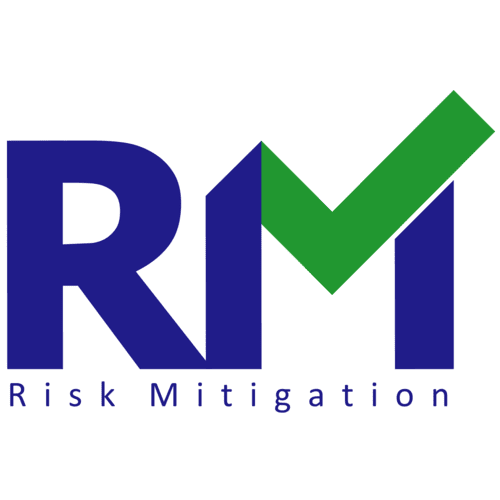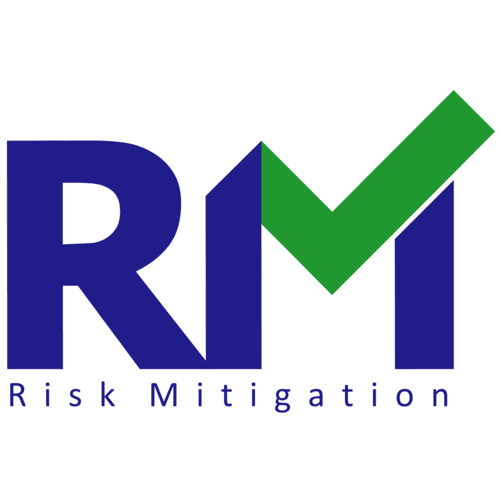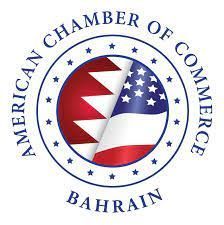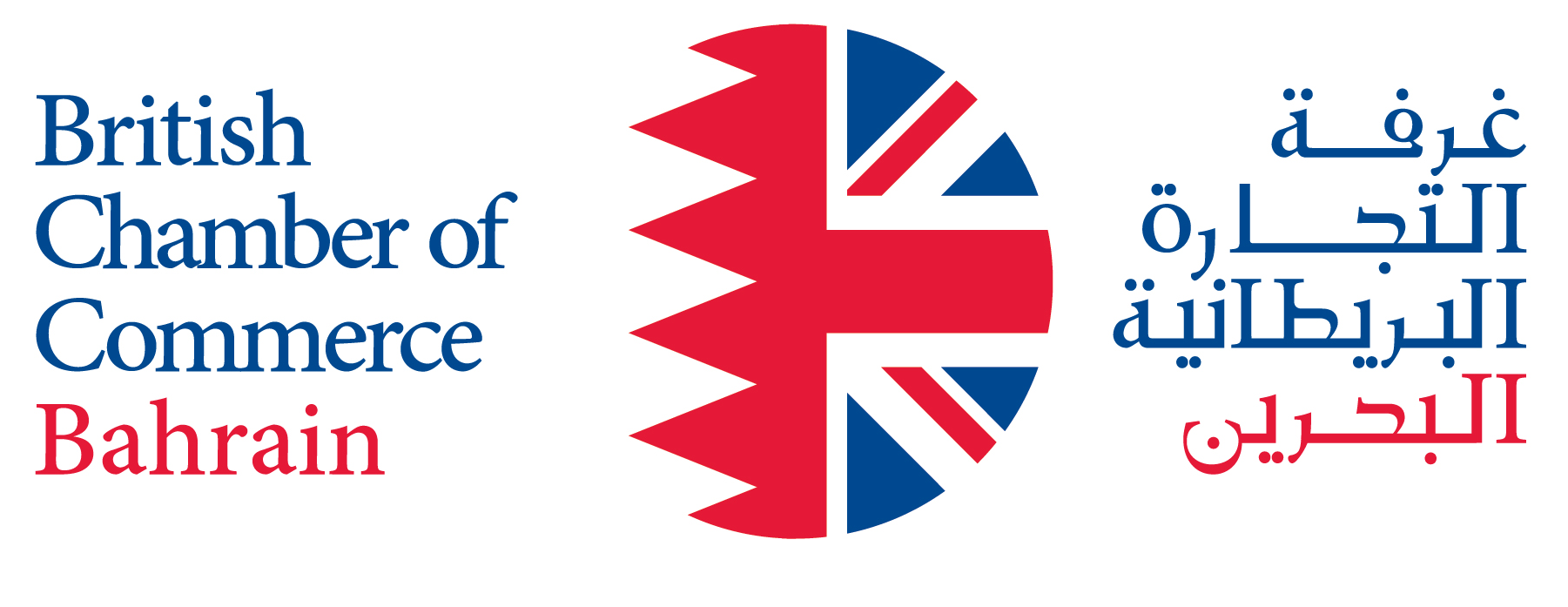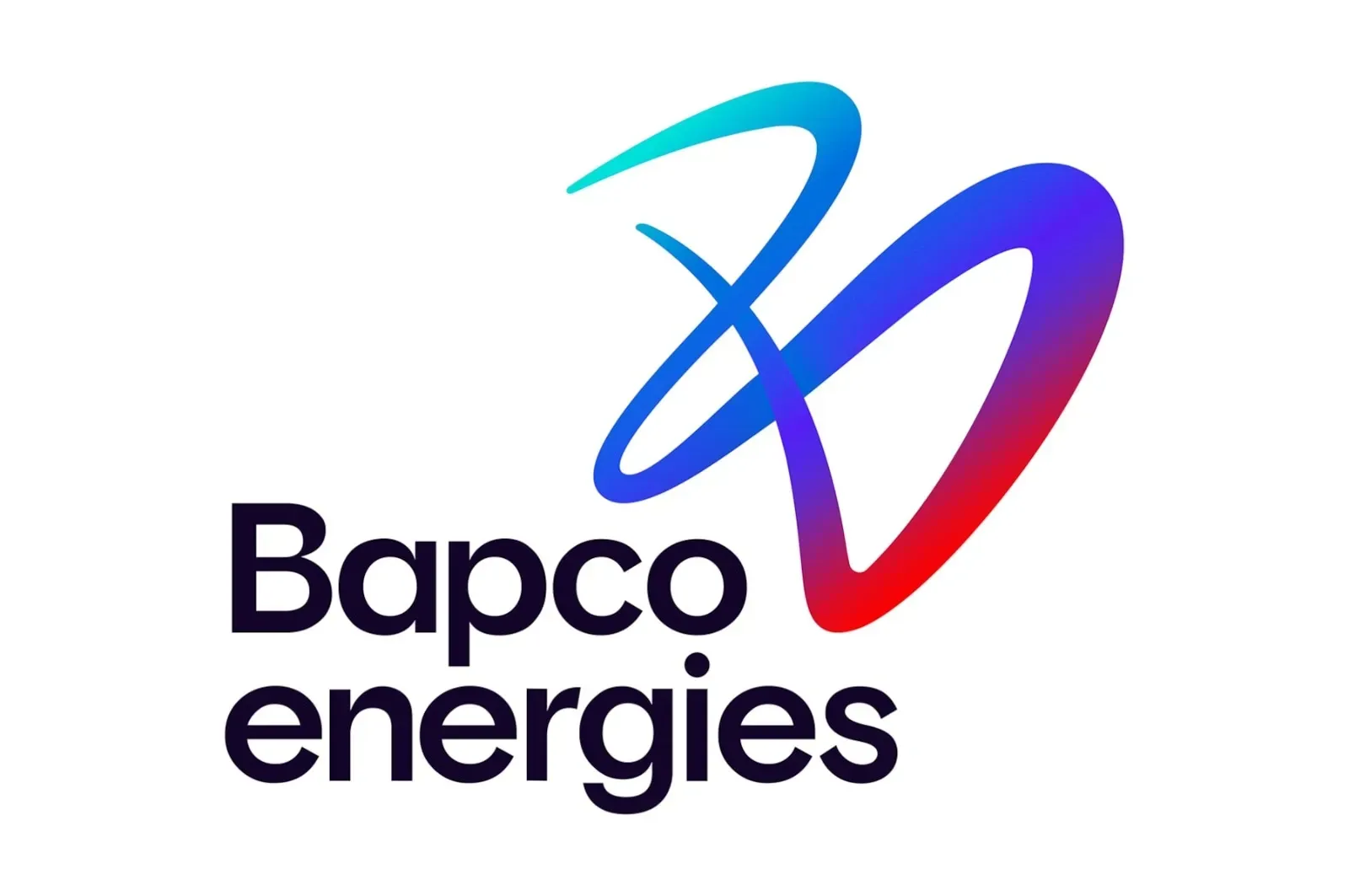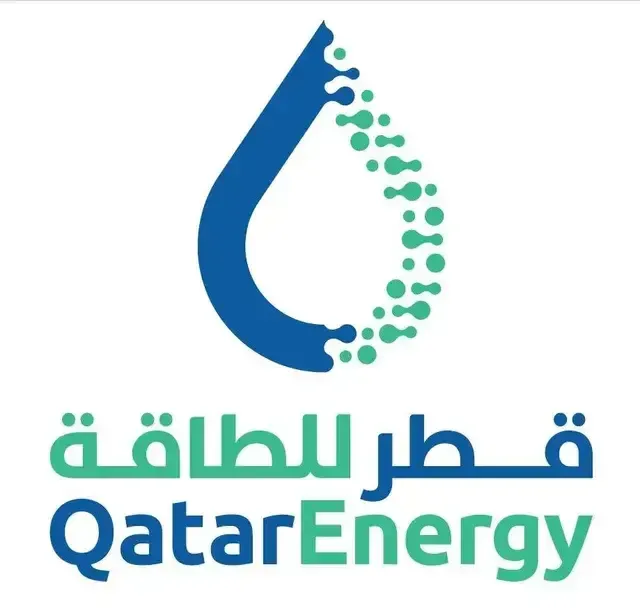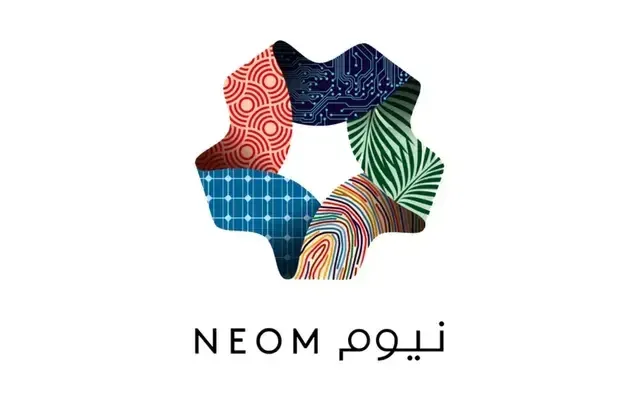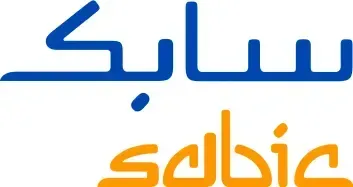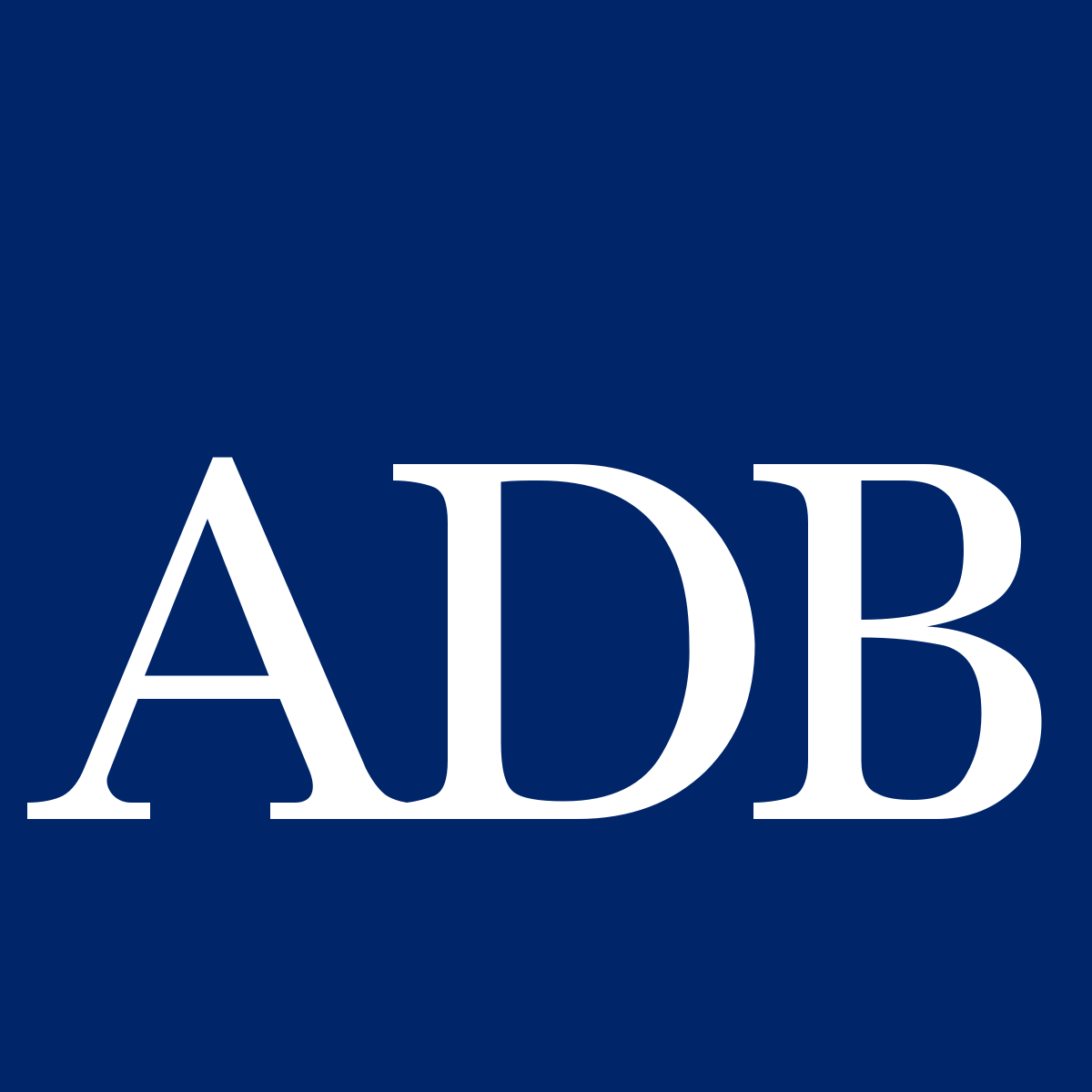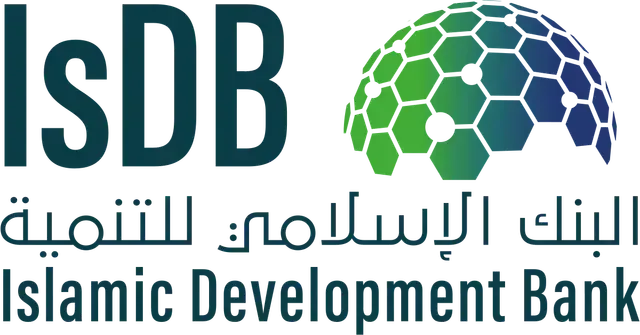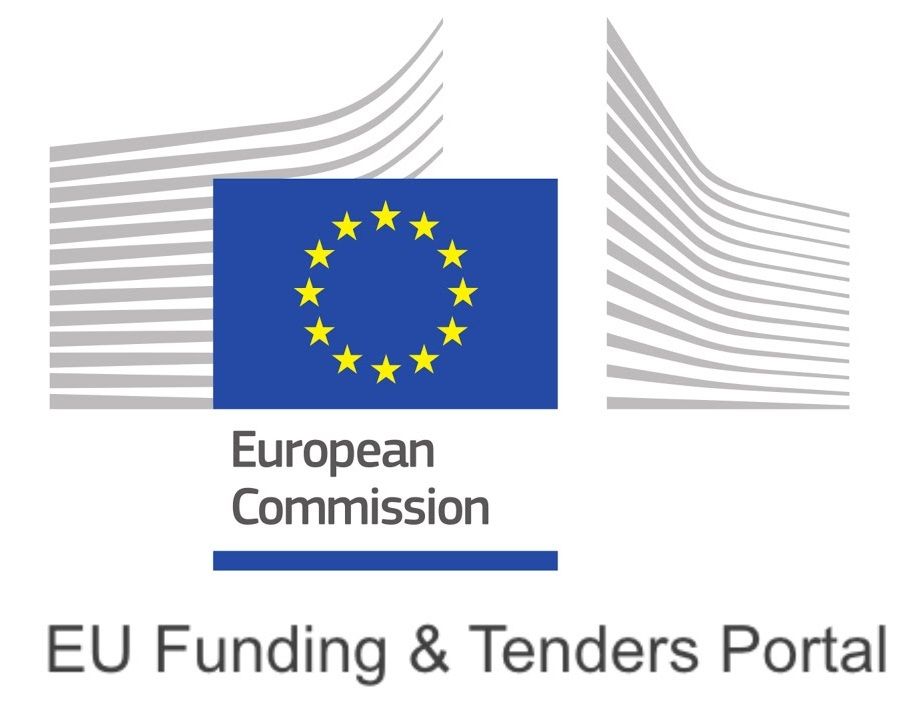Credit Checks, Credit Reports, Due Diligence & Credit Scoring in Bahrain, Saudi Arabia, UAE, Qatar, Oman, Kuwait, and Egypt
How can exporters, suppliers, and investors in Bahrain, Saudi Arabia, UAE, Qatar, Oman, Kuwait, and Egypt use credit checks, reports, due diligence, and credit scoring to protect deferred sales and investments?
In Bahrain, Saudi Arabia, the wider GCC, and Egypt, deferred sales and supplier credit drive business growth. Exporters and suppliers provide goods today, often without advance payment, trusting that customers will pay weeks or months later. Investors also enter partnerships expecting long-term gains. While these practices expand opportunities, they carry substantial risks: late payments, defaults, and even fraud.
Basic business verification, sometimes called company verification, confirms only whether a business is legally registered. This is necessary, but it is not enough. A registry check will never reveal whether a customer can manage obligations, repay on time, or sustain operations. For real protection, businesses must rely on a combination of credit checks, credit reports, due diligence, credit scoring, creditworthiness assessment, credit assessment, credit evaluation, credit rating, and KYC (Know Your Customer).
Request the Credit Report
Response from a specialist within 2 hours
Why Credit Checks and Due Diligence Matter?
When an exporter in China sends goods to Saudi Arabia, or a Bahraini supplier sells on credit to a Kuwaiti distributor, they are essentially acting as financiers. They deliver goods first and hope to receive payment later. This creates exposure. Without proper risk assessment, capital can be trapped in unpaid invoices, liquidity declines, and the entire business model may weaken.
Credit checks and due diligence reduce these risks. A credit check highlights repayment discipline. A credit report shows the history of banking facilities and liabilities. Due diligence investigates legal disputes, management competence, and reputation. Credit scoring and credit rating summarize overall risk. Together, they help businesses:
- Avoid unreliable customers.
- Detect early signs of delinquency.
- Define safe credit limits and repayment terms.
- Expand portfolios without unnecessary defaults.
Key Concepts in Credit Risk
What is a Company Credit Check?
A Company Credit Check (also called company credit check, customer credit verification, or credit history inquiry) is a quick review of repayment behaviour and existing obligations. It is the first step in understanding whether a counterparty is financially disciplined.
What is a Business Credit Report?
A Business Credit Report provides more detail. Issued by a credit bureau, it includes liabilities, defaults, repayment patterns, and sometimes a score. While essential, it is raw information that must be interpreted by experts.
Why Due Diligence Matters in Credit Risk?
Due diligence, also referred to as commercial due diligence or risk investigation, goes further. It examines legal, financial, operational, and reputational aspects of a business. This ensures exporters and investors see the full picture, not just financial statements. This due diligence also acts as a business risk assessment.
Credit Scoring and Credit Rating
A credit score or credit rating translates repayment behaviour into a single grade. While useful for benchmarking, scores alone cannot capture hidden risks, such as management weaknesses, legal disputes, or fraudulent practices.
What is credit assessment or credit evaluation?
A creditworthiness assessment or credit evaluation (credit evaluation process) integrates credit checks, credit reports, due diligence, KYC, and scoring. It transforms fragmented data into actionable recommendations: how much credit to extend, for how long, and under what guarantees.
Credit Reports and Credit Bureaus in the GCC (Bahrain, Saudi Arabia, UAE, Qatar, Oman, Kuwait) and Egypt
Credit reports, issued by national credit bureaus, are the official foundation for evaluating companies and individuals before deferred sales, supplier credit, or partnerships. They provide structured data on liabilities, repayment history, defaults, and overall credit behaviour. Across the GCC and Egypt, these bureaus form the backbone of the national credit system in each country.
While indispensable, a credit report alone does not provide the full picture. It shows historical data but does not explain why delinquencies occurred, nor does it recommend credit limits, repayment terms, or enforceable guarantees. That is why exporters, suppliers, and investors must combine bureau data with deeper due diligence, professional analysis, and enforceable documentation.
Official sources of credit reports include:
- Bahrain: BENEFIT Company
- Saudi Arabia: SIMAH Credit Bureau
- United Arab Emirates: Al Etihad Credit Bureau
- Qatar: Qatar Central Bank
- Oman: Central Bank of Oman
- Kuwait: Central Bank of Kuwait
- Egypt: i-Score
In addition to bureau reports, judicial payment judgments and court-ordered attachments on funds or assets are critical indicators of repayment discipline. They reveal not only whether a company has defaulted in the past but also the extent to which courts have intervened to enforce obligations. Together, these elements create a more reliable and enforceable picture of a counterparty’s financial reliability.
Credit bureaus are indispensable; every serious evaluation begins with their reports. However, their data alone is not enough. Credit Bureau reports provide raw historical information without interpretation, forward-looking recommendations, or enforceable solutions. To transform this information into actionable protection, businesses need professional credit assessment, due diligence, and verified documentation that is valid under the laws of the customer’s country.
How RM Conducts Creditworthiness Assessments?
Analysis of Credit Bureau reports
RM begins with bureau data such as the BENEFIT Company official credit report system in Bahrain or SIMAH report in Saudi Arabia. These reports show liabilities, repayment history, and defaults. But instead of automatic scoring, RM applies banking expertise +18 years to analyze the root causes of delinquencies. A late payment does not automatically mean high risk. Factors such as facility type, delinquency duration, lending institution, and overall repayment pattern are evaluated.
Field Inquiries and Operational Verification
Reports are then complemented with real-world checks. RM investigates:
- Whether operations in sectors, such as industry, trading, contracting, and services, are genuine and efficient.
- The managerial structure, ensuring control rests with authorized, competent leaders.
- Signs of fraud, cover-ups, or informal control.
- Market reputation through suppliers, customers, and industry references.
- Management involvement in daily activities and their ability to handle complexity.
Financial and Banking Analysis
A deeper review of financial strength includes:
- Examining audited and internal financial statements.
- Analyzing cash flows and liquidity management.
- Comparing reported results against bank account activity.
- Reviewing debit and credit transactions to confirm they reflect genuine business activity, not artificial inflation or personal use.
- Assessing how the finance team addresses cash flow deficits.
- Evaluating owners’ solvency through asset records and personal banking statements.
Risk Assessment
Multiple risks are evaluated systematically:
- Credit risk.
- Liquidity risk.
- Market and industry risk.
- Operational and continuity risks.
- Management and governance risks.
Final Report and Recommendations
The outcome is a comprehensive report delivered within only 5 business days. We prioritize speed because we recognize how critical it is for exporters, suppliers, and investors to make timely decisions and capture opportunities without delay.
The credit report provides:
- Clear analysis and justifications.
- A recommended credit limit.
- Safe repayment tenor.
- A suitable financing structure.
- Effective guarantees enforceable under local laws.
From Credit Assessment to Enforceable Protection
Even the most comprehensive credit assessment is incomplete without enforceable protection. RM ensures every recommendation is translated into legal documentation tailored to each country. For exporters and suppliers, the process is not complete without Enforceable Documentation and Contracts
How does RM complement Credit Bureaus and Export Credit Insurance?
Credit bureaus are essential and represent the first step in any serious credit evaluation. Their reports provide structured, reliable data on liabilities, repayment history, and defaults, and they are indispensable in every case. Even when all other financial and operational indicators appear positive, bureau data may reveal behavioural patterns of non-commitment or poor repayment discipline that are not linked to temporary liquidity issues but to a consistent unwillingness to honour obligations. This is why no evaluation can ignore credit bureau reports. RM does not replace them; instead, RM builds on their findings, applying banking expertise to interpret results, conduct field checks, and deliver actionable recommendations.
Credit Insurance and Export Credit Insurance are also valuable. They provide coverage against default or insolvency. However, they apply only in specific cases, often require that the client is already low risk, and compensate only after a loss occurs.
RM is not a replacement for insurance either. Instead, RM is preventive and complementary. By ensuring that only reliable counterparties are selected and by drafting enforceable documentation. RM minimizes the likelihood that an insurance claim will ever be necessary.
Who Should Pay Our Fees?
In most cases, the client being assessed should cover our fees. After the final settlement, you may choose to refund them fully, partially, or as otherwise agreed.
Some companies prefer a fixed-fee contract that covers a maximum number of cases within a one-year period. In this arrangement, the company allocates the contract cost among its clients and manages the process internally, without requiring direct client payments.
Focus on your Core, Leave credit risk to us
When you sell or export on deferred terms, you are effectively acting as a bank. That is not your role. Your expertise is in your products, services, and markets. Our expertise is in credit risk. We allow you to focus on what you do best while we handle what we specialize in: evaluating counterparties, defining safe terms, and protecting your receivables.
Why Outsource Instead of building an In-House credit department or credit unit?
When you sell or export on credit, you are essentially acting as a bank. Our role is to let you focus on your core business while we handle the credit risk professionally.
Hiring one senior corporate finance expert with equivalent banking experience requires between 200,000 and 265,000 USD annually in base salary alone, regardless of workload. This cost is for one professional only, not including visas, health insurance, leave entitlements, and end-of-service benefits.
With us, you gain bank-grade professional service at a fraction of the cost, with the flexibility to scale according to your actual needs.
A Flexible Collaboration Model for Banks, Financial Institutions, and Large Corporations
For major banks, finance companies, and large corporations, we propose a flexible model of collaboration. Instead of expanding your internal credit team, which exposes you to risks linked to market fluctuations, pandemics, and political or economic uncertainty, you can outsource excess workload to RM for Credit Assessment & Debt Collection.
This approach avoids the high fixed costs of salaries, recruitment, training, medical and social insurance, office setup, and administrative overhead. Instead, you link your costs directly to actual business volume and required outputs.
You retain your core credit team for business continuity, while relying on us to handle workload spikes. This model provides cost control, operational flexibility, and scalability without compromising quality or turnaround time.
We also provide legal guarantees and written commitments that protect your institution’s interests and reputation.
Conclusion of credit reporting
Credit checks, business credit reports, due diligence, credit scoring, creditworthiness assessment, credit evaluation, credit rating, and KYC are essential tools for exporters, suppliers, and investors.
Credit bureaus such as BENEFIT, SIMAH, AECB, and i-Score are indispensable, but their reports alone cannot guide decisions. Credit insurance is valuable, but it does not cover every case and only compensates after a loss.
RM for Credit Assessment & Debt Collection complements both. By combining expert interpretation, operational and financial due diligence, and enforceable documentation, RM enables businesses in Bahrain, Saudi Arabia, UAE, Qatar, Oman, Kuwait, and Egypt to expand safely, protect receivables, and grow with confidence.
👉 Read next: Enforceable Documentation and Contracts, the last step in securing deferred sales and investments.
Frequently Asked Questions (FAQ)
What is a Credit Check?
A credit check, also called a company credit check, customer credit verification, or credit history inquiry, is the first step in evaluating a counterparty. It highlights repayment discipline, outstanding obligations, and past behaviour. Exporters and suppliers in Bahrain, Saudi Arabia, and across the GCC rely on credit checks to avoid unreliable customers before offering deferred sales.
What is a Credit Report, and why is it important?
A credit report is an official record issued by a credit bureau such as BENEFIT in Bahrain, SIMAH in Saudi Arabia, Al Etihad Credit Bureau in the UAE, or i-Score in Egypt. It includes liabilities, defaults, repayment patterns, and sometimes a score. Credit reports are indispensable because they provide structured data on repayment behaviour. However, they must be combined with expert interpretation and further analysis to become actionable.
Is a Credit Bureau report important & is it enough to make safe decisions?
A credit bureau report is always the first step, and no evaluation can ignore it. It provides raw, reliable data, but on its own, it does not explain the reasons behind delinquencies, define safe credit limits, or provide enforceable protection. That is why bureau data must be complemented by due diligence, professional analysis, and enforceable documentation.
What is Due Diligence in Credit Assessment?
Due Diligence, also known as commercial due diligence, is the process of verifying a business beyond its financial statements. It covers legal disputes, ownership structures, management competence, operational efficiency, and market reputation. In the GCC and Egypt, due diligence helps exporters and investors avoid hidden risks and make informed decisions.
What is Creditworthiness Assessment?
Creditworthiness assessment, sometimes called credit assessment, credit evaluation, or credit rating, is a comprehensive process that integrates all risk tools. It combines credit checks, bureau reports, due diligence, KYC verification, and credit scoring. A professional assessment also includes financial statement analysis, cash flow evaluation, PERL analysis (Profitability, Efficiency, Risk, Liquidity), market benchmarking, management review, and a detailed examination of bank account transactions.
Why are bank account statements reviewed?
Because Financial Statements alone may not reveal the full truth. Reviewing debit and credit transactions confirms that business activity is genuine and commercial. It also uncovers inflated sales, personal use of company accounts, or unregistered operations, which are major red flags for exporters and investors.
What is KYC, and how does it relate to credit assessment?
KYC (Know Your Customer) is the process of verifying the identity, ownership structure, and legitimacy of a business. In credit assessment, KYC works alongside bureau reports, due diligence, and financial analysis to ensure that suppliers and investors are dealing with a legitimate and transparent counterparty.
What is credit scoring or credit rating?
Credit scoring or credit rating summarizes repayment behaviour into a single grade. While useful for benchmarking, a score cannot capture management weaknesses, operational risks, or reputational issues. It is helpful, but must always be considered with deeper due diligence and financial review.
How does RM for Credit Assessment & Debt Collection complement credit bureaus?
Credit bureaus are essential, and every serious evaluation begins with their reports. RM does not replace them but builds on their findings. We interpret bureau data, investigate root causes of delinquencies, conduct field inquiries, and transform raw information into actionable recommendations covering limits, terms, and enforceable guarantees.
How does RM complement export credit insurance?
Credit insurance and export credit insurance are valuable because they cover defaults or insolvencies. However, they usually apply only to low-risk clients and compensate after a loss occurs. RM is preventive and complementary. By screening clients, conducting due diligence, and preparing enforceable contracts, RM minimizes the likelihood that an insurance claim will ever be needed.
Who pays the fees for credit assessment?
Usually, the client being assessed pays the fees. After settlement, suppliers may choose to refund them fully or partially. Some companies prefer fixed-fee contracts that cover a set number of cases per year, allocating the cost internally without direct client payments.
Why outsource credit assessment instead of hiring in-house?
Hiring one senior finance professional with corporate banking experience costs between 200,000 and 265,000 USD annually in salary alone, excluding benefits and overhead. Outsourcing to RM provides the same bank-grade expertise at a fraction of the cost, with flexibility to scale according to actual business needs.
Can banks and large corporations use RM even if they already have credit teams?
Yes. RM supports banks, finance companies, and large corporations by handling workload spikes or complex cases while allowing their permanent credit teams to focus on ongoing responsibilities. This model helps institutions avoid the high fixed costs of expanding staff while ensuring consistent quality, reliability, and speed.
How fast can RM deliver reports?
RM delivers comprehensive reports within 5 business days only. This speed allows exporters, suppliers, and investors to make timely decisions and capture opportunities without delay.
What does the RM final report include?
The final report contains clear analysis, justifications, a recommended credit limit, safe repayment tenor, suitable financing structure, and enforceable guarantees valid under local laws.
Why is enforceable documentation important?
Because even the best credit assessment is incomplete without legal protection. RM ensures recommendations are converted into enforceable agreements and debt acknowledgements that can be executed directly in the courts of the customer’s country.
Can RM support international exporters outside the GCC?
Yes. RM supports exporters from China, India, the United States, Europe, and other regions who sell on credit to buyers in Bahrain, Saudi Arabia, the UAE, Qatar, Oman, Kuwait, and Egypt. Our role is to help them expand safely while reducing risks of default and fraud.
What makes RM different from a credit insurance company?
An Insurance company compensates after a loss. RM works before the transaction by preventing exposure. We interpret bureau data, conduct due diligence, verify operations, and provide enforceable documentation. This makes RM a complementary partner to both credit bureaus and insurers, not a replacement.
What is a credit history inquiry?
A credit history inquiry is another way of describing a credit check. Exporters and suppliers often search for a company’s credit history inquiry in Bahrain, Saudi Arabia, or the wider GCC to quickly confirm repayment behaviour and outstanding obligations before offering deferred sales.
What is customer credit verification?
Customer credit verification is the process of checking whether a buyer or partner has a reliable record of repayments. In practice, it is part of a company credit check and a business credit report, helping suppliers in Bahrain, Saudi Arabia, and Egypt avoid unreliable counterparties.
What is a Customer Credit Profile?
A customer credit profile is a section within an official credit report that shows the repayment behaviour, liabilities, and defaults of a company or individual. Exporters use this profile in Saudi Arabia, Bahrain, and the GCC to assess the risks of deferred sales.
What is Business Due Diligence?
Business due diligence, sometimes called commercial due diligence, goes beyond financial statements. It examines legal disputes, ownership structures, market reputation, and operational practices. For example, investors in the UAE, Kuwait, or Egypt often request business due diligence before entering partnerships.
What is KYC verification or customer identity verification?
KYC verification, also called customer identity verification, ensures that the business entity is legitimate, properly registered, and not hiding behind false ownership structures. This step is especially important when conducting credit assessments in Bahrain, UAE, Qatar, Oman, Saudi Arabia, Kuwait, and Egypt.
What is the Credit Evaluation Process?
The credit evaluation process is a structured review that combines a credit check, a business credit report, due diligence, KYC verification, and credit scoring. It transforms data into clear recommendations on credit limits, repayment terms, and enforceable guarantees that exporters in Bahrain, Saudi Arabia, and the wider GCC rely on.
Why is Business Risk Assessment part of Due Diligence?
Business risk assessment is integrated into due diligence to identify potential threats in management, market stability, and operational capacity. Exporters and investors use business risk assessments in Bahrain, Oman, and Egypt to protect against hidden risks before committing to long-term credit sales or partnerships.


